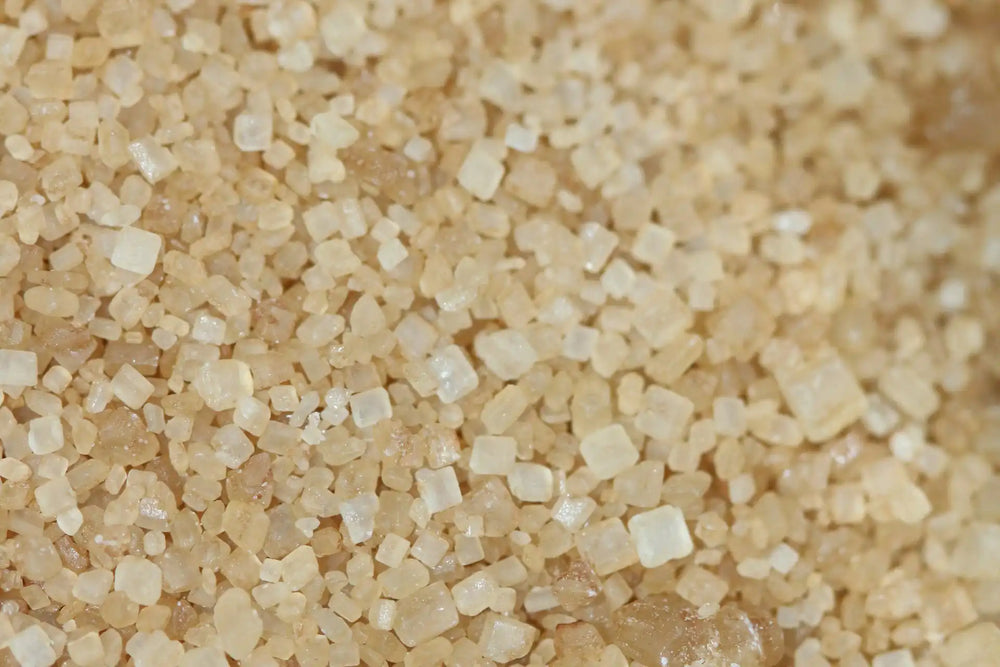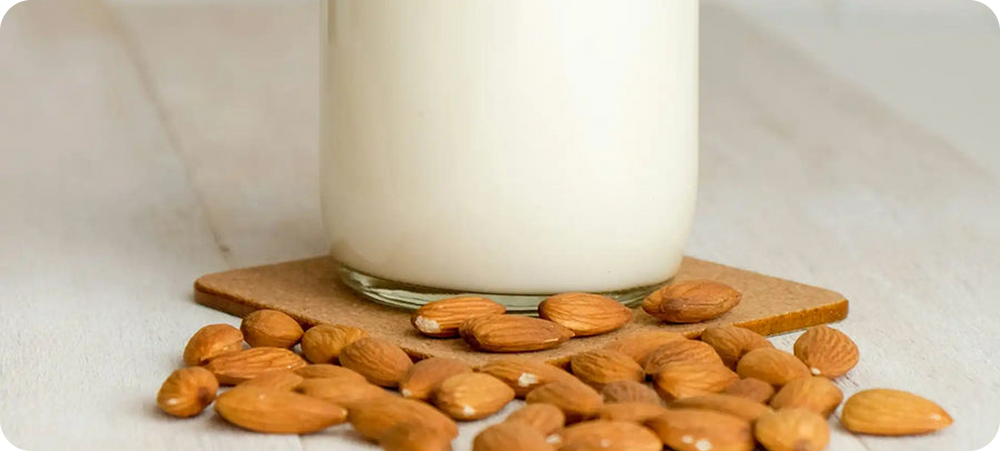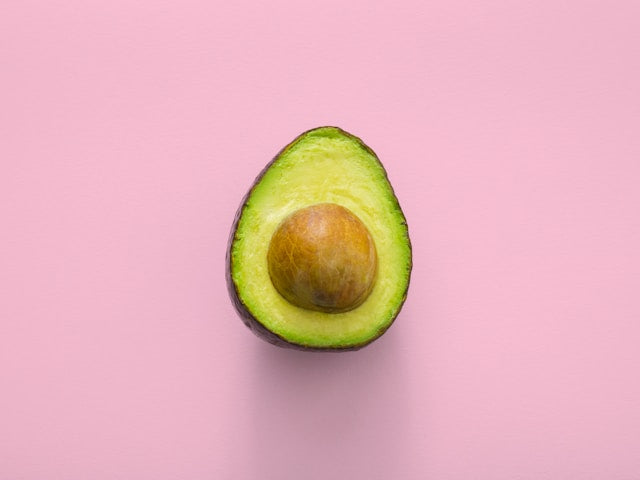
Are you looking to cut down on refined sugar? Well, you're not alone! More and more people are seeking alternatives to this sweet but potentially harmful ingredient.
From sugar cane to stevia, there's a world of natural sweeteners. Whether you're baking, cooking, or need a sprinkle in your coffee, we've got you covered. These alternatives can help you maintain a healthier lifestyle without sacrificing the sweet taste you love.
Stay tuned as we explore the best-refined sugar substitutes.
Why Choose Refined Sugar Alternatives?
Sugar has been in the limelight as more people are becoming health conscious and discovering the harmful effects of excessive intake. You may have heard of the increased risks of obesity, heart disease, and diabetes linked to excessive sugar consumption. Mental health problems such as depression and anxiety have also been associated with high-sugar diets. But the truth is, giving up sweet flavors can be a challenging job.
That's where refined sugar alternatives jump in. These substitutes offer the same sweetness without the detrimental health effects of refined sugar. Besides, opting for natural sweeteners does not just mean hopping onto a healthier lifestyle and enjoying versatile tastes and flavors you might have previously overlooked.
Let's break down why you should be reaching for these alternatives:
- Healthier: Natural sugar substitutes such as stevia contain fewer sweets compared to refined sugar. They come packed with beneficial compounds like antioxidants that play a vital role in warding off diseases.
- Versatile: From adding a touch of sweetness to your morning cup of coffee to using it for baking and cooking, these substitutes provide an array of flavors and benefits.
- Sustainable: To reduce your carbon footprint, choose sweeteners like organic maple syrup sourced sustainably.
Venturing into the world of refined sugar alternatives can seem overwhelming at first. With a variety of options at your disposal, where should you start? Well, that's what we're here for. In the following sections, we'll provide the best sugar substitutes for different requirements in-depth.
What Are The Health Benefits Of Natural Sweeteners
When you choose natural sweeteners over refined sugar, you're investing in long-term health benefits. First, these healthier options contain beneficial nutrients and antioxidants that support your immune system and promote overall well-being.
Alternatives like stevia can regulate blood sugar levels more efficiently. They don't trigger the sharp insulin response that refined sugar does, so you'll decrease your risk of developing diabetes and its numerous complications. They also balance your blood sugar, producing more consistent energy levels throughout the day.
Another plus point for natural sweeteners is their rich nutrient profiles. Refined sugar is devoid of nutrients, whereas options like raw sugar cane boast trace elements, such as zinc and selenium. Additionally, they are rich in antioxidants that combat harmful free radicals in your body.
Natural sweeteners also promote good oral health. Unlike refined sugar, they are non-acidic and non-fermentable, making them less likely to erode tooth enamel or contribute to cavities.
In the quest for healthier sugar substitutions, it's essential to consider the taste and multifaceted health implications. The difference it makes by choosing stevia over the traditional refined sugars could prove life-altering.
Top Refined Sugar Alternatives for Baking
Venturing into the world of baking? Taking that passion for culinary creativity can be made health-conscious with these top refined sugar replacements.
First up, Agave Nectar. This naturally occurring sweetener, cultivated from agave plants, boasts a lower G.I than regular sugar. This means it's less likely to spike your blood sugar levels. Its sweet yet mild flavor makes it a go-to choice among health-conscious bakers, you can try making this at home with olive rose cake bites and it will surely become your daily favorite!
Next, consider Coconut Sugar. With a taste similar to brown sugar and packed with nutrients like iron and zinc, it's a healthful switch. Its granulated form ensures it can easily replace refined sugar in your favorite recipes.
Stevia is another standout alternative. This sweetener is perfect for those aiming to reduce their sugar intake. Its sweetness can be quite intense, so you'll likely use less, but the unmistakable flavor adds a unique touch to baked goods.
Choosing a suitable sugar alternative for baking depends on personal taste and health goals. These options can help you navigate the treats you whip up in your kitchen, allowing you to enjoy indulgence without compromising health.
How To Incorporate Alternative Sweeteners in Daily Cooking
Switching from refined sugar to natural alternatives doesn't mean you have to compromise on taste or texture. It's all about figuring out the proper substitution ratios. Transitioning takes practice, but it's worth it.
With its mild sweetness and lower glycemic index, agave nectar works perfectly in recipes that call for liquid sweeteners. You can use it in smoothies or oatmeal or drizzle it over pancakes or banana bread loaf for a delectable breakfast. It's about 1.5 times sweeter than sugar, so adjust your recipe accordingly.
Coconut Sugar is more than just a natural sweetener. Its nutrient-rich profile brings a welcome health boost to your baking. Swap it for brown sugar in cookies and cakes due to its similar texture and slight caramel flavor. You'll find its sweetness level comparable to regular sugar.
For those seeking an intense natural sweetener sans, Stevia is your answer. It is highly potent; use it sparingly in recipes to avoid any bitter taste. It's perfect for sweetening beverages and can be used in baking with other flours.
Last but not least, sugar cane’s antioxidant qualities make it a popular choice among health-conscious cooks. Its distinct flavor may alter the taste of your baked goods, but delightfully.
Understanding these four alternatives and their unique characteristics can add healthiness and variety to your culinary creations.
Enhancing Your Beverages with Natural Sweeteners
The allure of a perfectly sweetened beverage is hard to resist. But did you know you can achieve that without using refined sugar? Let's unravel the mystery of using alternative sweeteners in drinks - everything from smoothies and shakes to tea and coffee.
Agave Nectar could be your best choice for drinks where liquid texture matters. It's 1.5 times sweeter than sugar, so adjust your addition carefully. Stevia or sugar cane is an excellent sweetener for hot beverages such as tea or coffee. Its density and unique aroma bring an extra layer to your beverage.
If you want a rich-flavored iced coffee or a robust smoothie, try using Coconut Sugar. This ingredient contains nutrients and can readily replace brown sugar in your recipes. Its slightly
caramel-like taste can introduce an exciting twist to your beverages.
For those who prefer less sugary, Stevia is the way to go. Mind you, it's extremely potent and should be used sparingly. With these natural sweeteners, your beverages will not only taste good but also stay on the healthier side.
Isn't it fascinating how you can enhance your favorite drinks while keeping them healthy? So why not get your blender or kettle ready and start experimenting today?
Conclusion
So there you have it. The world of refined sugar alternatives is vast and filled with potential. Coconut Sugar's rich flavor, and Stevia's plant-based way, your drink options got much healthier. It's all about finding what works best for you and your taste buds. Remember, it's not just about cutting out refined sugar—it's about enhancing your beverages with better, healthier choices. So mix it up and add a dash of natural sweetness to your day. You'll be amazed at the difference it can make.
Frequently Asked Questions
What are viable alternatives to refined sugar for sweetening beverages?
You can use Agave Nectar for liquid-textured drinks, stevia for hot beverages such as tea or
coffee, Coconut Sugar for richly flavored iced coffee or smoothies, and Stevia. They sweeten and add unique flavors and textures to your beverages.
Is Agave Nectar a good choice for all types of beverages?
While Agave Nectar can be used in various beverages, it's particularly suited for liquid-textured drinks due to its syrupy consistency.
Why would you use Coconut Sugar in beverages?
Its rich flavor, Coconut Sugar pairs well with full-bodied beverages like iced coffee or smoothies. It contributes a subtle hint of coconut flavor, enhancing the overall taste profile.
What is the advantage of using Stevia as a sweetener?
Using Stevia as a sweetener offers a better way to satisfy your sweet tooth without the added sugar. Derived from the Stevia rebaudiana plant, this natural sweetener provides sweetness without the spikes in blood sugar levels, making it an excellent choice for those watching their sugar intake or managing diabetes.
FAQ
The vegan milks highlighted in this article are coconut, oat, soy, and almond milk.
Related posts
-

What Is The Difference Between...
When it comes to sweetening your morning coffee or baking your favorite dessert, you've likely re...
-

What Are The Best Vegan...
You're a baking enthusiast, but you recently turned vegan. Now you're wondering how to replace th...
-

Top Vegan Butter Substitutes for...
Have you ever considered baking that delicious cake but run out of butter? Or are you trying to s...



